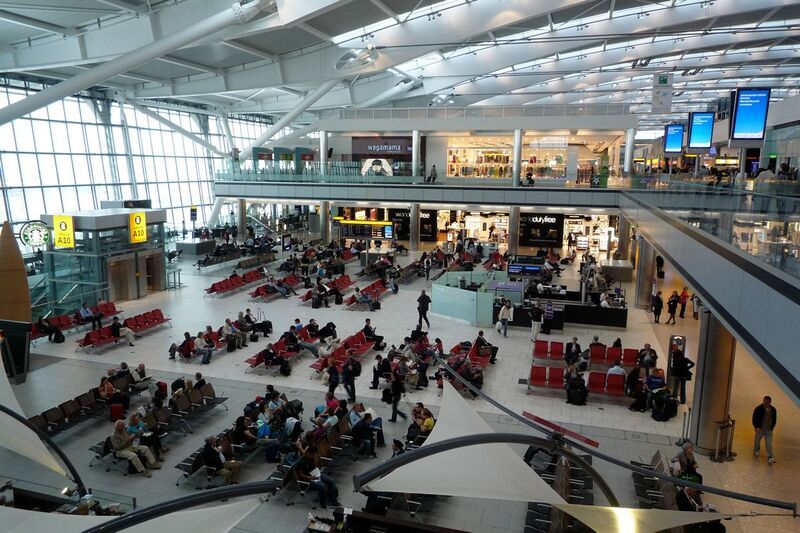
UNEP, partners launch pilot project to build flood-resilient homes in Bangladesh
The United Nations Environment Program (UNEP) and several partners launched a pilot project to build ...

London Gatwick Airport has managed to cut its greenhouse gas emissions in December 2019, according to a recently issued report by the Center for Aviation CAPA.
The report covered the progress realized by the airport concerning its environmental commitment during nine months that ended in December 2019.
The report also recorded 71 percent waste recycling/reuse rate and reduction in airport energy and water use.
London Gatwick Airport CEO Stewart Wingate stated the airport remains “focused on our ongoing efforts to reduce the airport’s impact on the environment. I’m pleased to say that we continue to make significant progress in this area, and we are committed to reducing our environmental impact even further in the years ahead”.
The airport’s 2019 performance built resilience that will help the business recover from the impact of COVID-19, the report said, noting that a range of steps taken to protect the wellbeing of passengers and staff as well as jobs.
Since the end of the reporting period however, the airport – and the wider aviation industry – has experienced unprecedented market circumstances and a dramatic decline in passenger numbers due to the impact of COVID-19.
In response, Gatwick has taken a range of steps to protect both the wellbeing of its staff and passengers and shield the business to enable it to recover quickly. Measures taken to reduce the airport’s operational footprint include the temporary consolidation of operations into the South Terminal and limiting scheduled flights to between 1400 and 2200 each day.
Both measures came into effect on 1 April 2020 and are being kept under regular review with a decision on returning to normal operations taken when airline traffic and passenger demand increases.
The company is regularly engaging with the government, the airlines and other stakeholders to ensure it is in the best possible position to rebuild the operation as quickly and as safely as possible, taking into account government public health advice.
Actions to safeguard the financial resilience of the business include reducing costs by deferring spend on the airport’s Capital Investment program for the foreseeable future, putting over 90% of eligible staff on the UK government’s Job Retention Scheme to preserve jobs, reduce the headcount of permanent staff through a special severance scheme and all staff taking a pay reduction.
Finally, to improve its liquidity, on 3rd April Gatwick secured a £300m loan with a consortium of banks. The company will not be paying a dividend in 2020.
Gatwick expects all those measures to enable a quick recovery of the business and currently expects post-COVID-19 passenger numbers will return to recent levels within 36 to 48 months.
Wingate said “The airport continued to grow in difficult market conditions during the period covered in these results. However, the world has changed dramatically since then and Gatwick has taken decisive action to ensure that it remains in a strong position to recover from the dramatic fall in passenger numbers and the wider impacts of COVID-19.”
“The COVID-19 crisis has been unprecedented and our priority has been, and continues to be, maintaining the health and safety of our passengers and employees. We also have a resilient business and by taking steps to reduce costs, we have protected jobs and expect to recover from this crisis.”
“One measure we took to reduce costs was to defer spending on our capital investment programme to secure improved resilience, however for future growth we still expect to progress many of these projects including our plans to bring the existing Northern (stand-by) Runway into routine use to offer more travel choice for passengers and new jobs for Gatwick and the wider region.”
“Of course, any growth must be sustainable, and we also remain focussed on our ongoing efforts to reduce the airport’s impact on the environment. I’m pleased to say that we continue to make significant progress in this area, and we are committed to reducing our environmental impact even further in the years ahead.”
The United Nations Environment Program (UNEP) and several partners launched a pilot project to build ...
The European Investment Bank (EIB) is lending €200 million to Sweden-based Electrolux Group, a leading ...
The Global Environment Facility (GEF) has just approved $204.3 million for the United Nations Development ...


اترك تعليقا